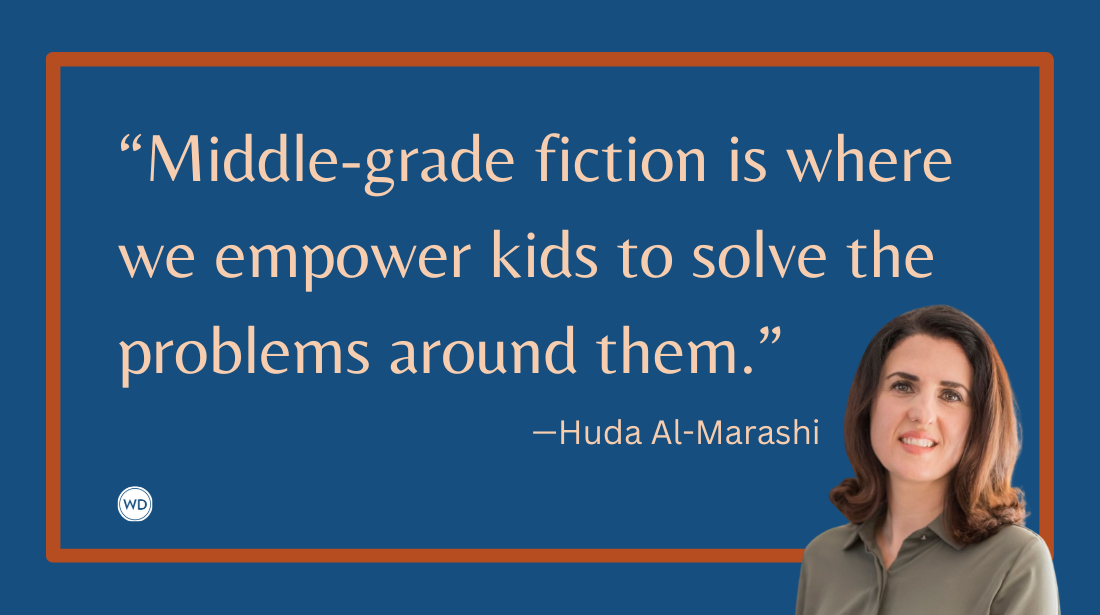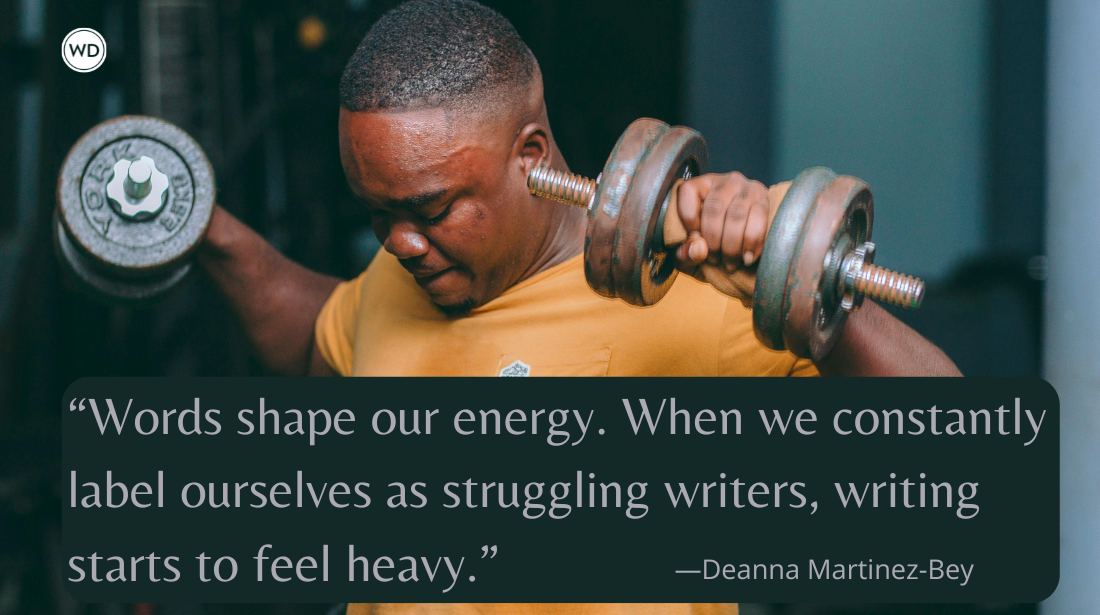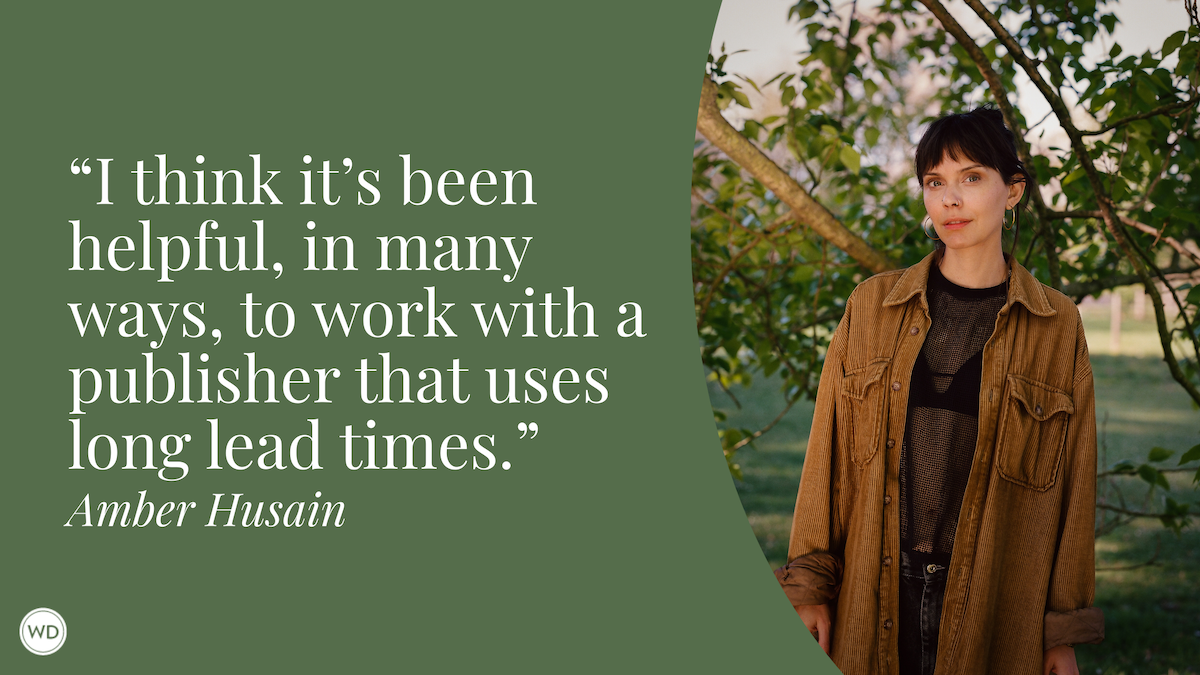Laura Venita Green: Promoting a Book Is Different From Writing One
In this interview, author Laura Venita Green discusses pulling unrelated stories together into a coherent novel, book promotion, and more.
Laura Venita Green is a writer and translator with an MFA from Columbia University, where she was an undergraduate teaching fellow. Her fiction won the Story Foundation Prize, received two Pushcart Prize Special Mentions, was a finalist for the Missouri Review Jeffrey E. Smith Editors’ Prize and the Tennessee Williams & New Orleans Literary Festival Fiction Contest, and appears in Story, Joyland, The Missouri Review, and Fatal Flaw. Her translations appear in Asymptote, World Literature Today, Spazinclusi, and The Apple Valley Review.
Raised in rural Louisiana, Laura now lives with her husband in New York City. Sister Creatures is her first novel. Follow on Facebook and Instagram.
In this interview, Laura discusses the difference in writing vs promoting a book, pulling unrelated stories together into a coherent novel, and more.
Name: Laura Venita Green
Literary agent: Chad Luibl, Janklow & Nesbit
Book title: Sister Creatures
Publisher: Unnamed Press
Release date: October 7, 2025
Genre/category: Southern Gothic
Elevator pitch for the book: Sister Creatures follows four women from the same small town in Louisiana, and a supernatural entity that looms over their lives.
(WD uses affiliate links)
What prompted you to write this book?
Though I’ve lived in New York City for six years and Austin, TX, for 18 years before that, when I sit down to write, my imagination always takes me back to rural Louisiana, where I grew up. I wanted to write a book that captures the place, the people, the culture, and the attitudes. I wanted to write a book that feels true even as it utilizes fantastical elements. I wanted to write something that I could feel proud of and that made me excited to return to my desk day after day.
How long did it take to go from idea to publication? And did the idea change during the process?
Six years. It took about four years to write the book, and another two years to learn how to query, find an agent, get a book deal, go through rounds of edits, and finally get it out into the world. I’m not a writer who sets off with a plan, so everything—the idea, the story progression, the themes—came together over time in the process of drafting and revising.
Were there any surprises or learning moments in the publishing process for this title?
The biggest surprise for me is the difference between being a “writer” and being an “author.” A writer sits alone for years, engaging in a regular, largely solitary practice of shaping words into something good and hopefully even breathtaking. But then, once you have a book deal and turn into an author, you need to switch gears and put yourself out there to advocate for your book. For me this includes posting on social media, writing companion essays, listicles, pursuing media training so that I can talk engagingly during podcasts and other interviews, event planning, pitching my book to reading series, bookstores, libraries, reaching out to everyone in my contacts list to gin up support in advance of publication date, and attending as many author events as possible to expand my community. I’ve really enjoyed it all—I love learning new things and getting outside my comfort zone—but promoting a book is so very different from writing one.
Were there any surprises in the writing process for this book?
The book started out as a handful of unrelated stories—a high schooler crushing on her older co-worker, a woman confronting her doppelgänger, two sisters with diverging lives, a shapeshifter in the woods, a mother whose daughter is obsessed with a creepy 19th century children’s book. I had no idea how to complete a book-length project, so I took what I already had and treated them like puzzle pieces. I worked out how these stories were related and how the characters were connected, shifting things around, expanding, and filling in the blanks from there. It felt almost like working out a math problem (something my brain very much enjoys), and over a lot of time and drafts it all came together like magic.
What do you hope readers will get out of your book?
I hope readers bring their unique experience and interpretations to this book and make it their own while also feeling surprised (and maybe even gleeful!) at certain connections and events. What I take from Sister Creatures is that every single person contains entire worlds, worlds that can be partly unveiled through a creative practice. Also, we all contain a sort of wilderness in our souls, and we each need to find our unique way of coping so that we can stay connected to the ones we love.
If you could share one piece of advice with other writers, what would it be?
Don’t think about your mother when you’re drafting your book! In other words, don’t censor yourself. We want readers eventually, but if we write worried about how some real or imagined person might eventually react, we’re in danger of writing something less—less weird, less racy, less ambiguous, less impolite. Less interesting. I don’t think our goal in creating art is making something that no one can complain about. (By the way, my mother is one of my primary readers, but I do need to get a draft down with her out of mind before I send something her way.)








